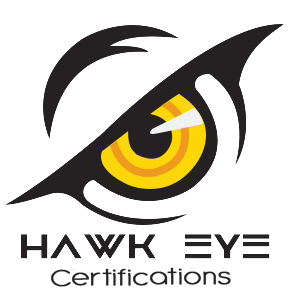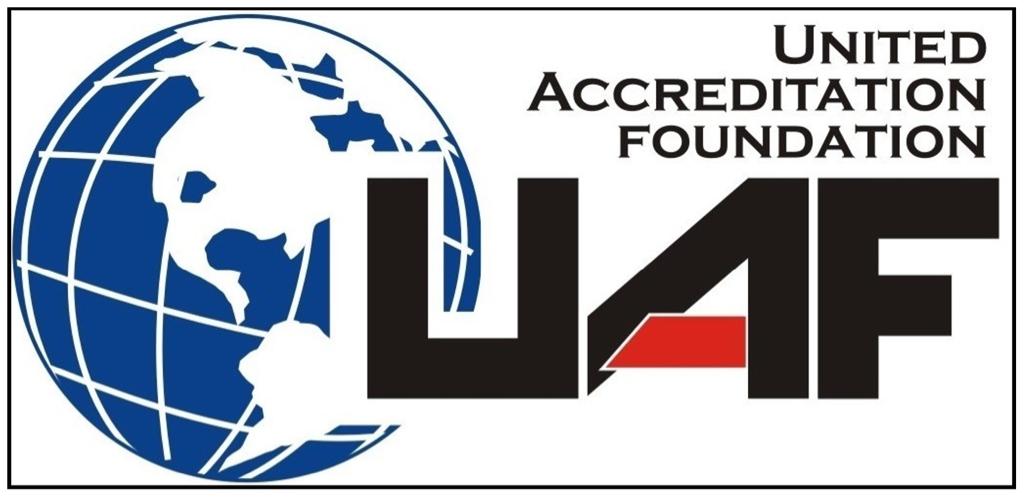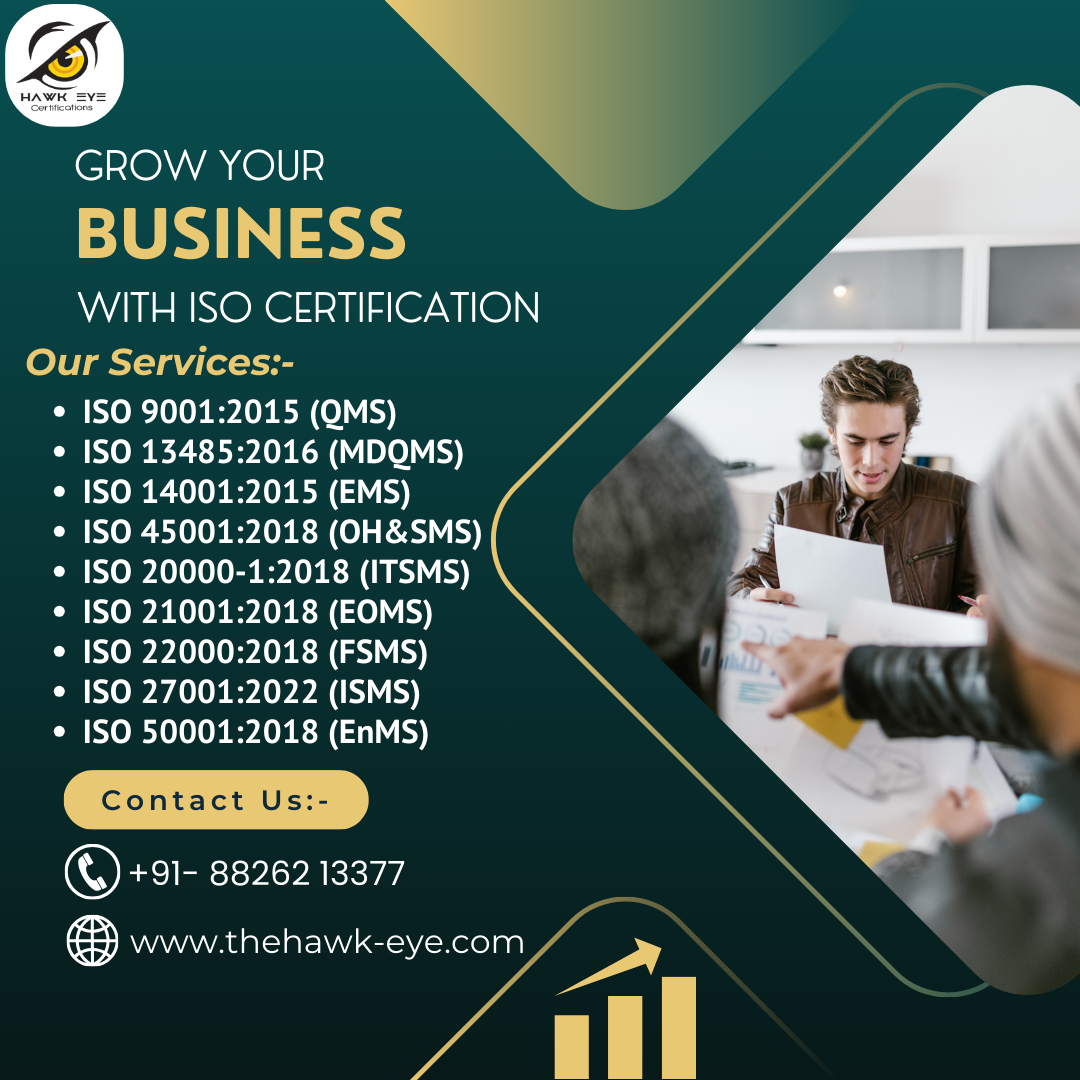ISO certifications represent globally recognized standards, ensuring quality, safety, efficiency, and sustainability across industries. Here's a detailed description of the standards:
-
ISO 9001:2015 (Quality Management System - QMS)
Focuses on maintaining consistent product and service quality, improving customer satisfaction, and streamlining business processes for continual improvement. -
ISO 13485:2016 (Medical Devices Quality Management System - MDQMS)
Designed for medical device manufacturers, ensuring compliance with regulatory requirements and delivering safe, high-quality medical devices. -
ISO 14001:2015 (Environmental Management System - EMS)
Enables organizations to manage their environmental impact effectively, ensuring sustainable practices and regulatory compliance. -
ISO 45001:2018 (Occupational Health & Safety Management System - OH&SMS)
Provides a framework to manage workplace safety, minimize risks, and enhance employee well-being. -
ISO 20000-1:2018 (IT Service Management System - ITSMS)
Ensures efficient delivery of IT services, aligning with business objectives and customer needs. -
ISO 21001:2018 (Educational Organizations Management System - EOMS)
Focused on improving educational organizations' processes, enhancing learner satisfaction, and achieving better outcomes. -
ISO 22000:2018 (Food Safety Management System - FSMS)
Helps organizations in the food chain ensure safe food handling practices, from farm to fork, by managing food safety risks. -
ISO 27001:2022 (Information Security Management System - ISMS)
Protects sensitive data and ensures secure information management, mitigating cybersecurity risks. -
ISO 50001:2018 (Energy Management System - EnMS)
Helps organizations optimize energy use, reduce costs, and improve environmental performance by managing energy resources efficiently.
These standards empower businesses to achieve operational excellence, comply with regulations, enhance trust, and ensure sustainability in their respective fields.





